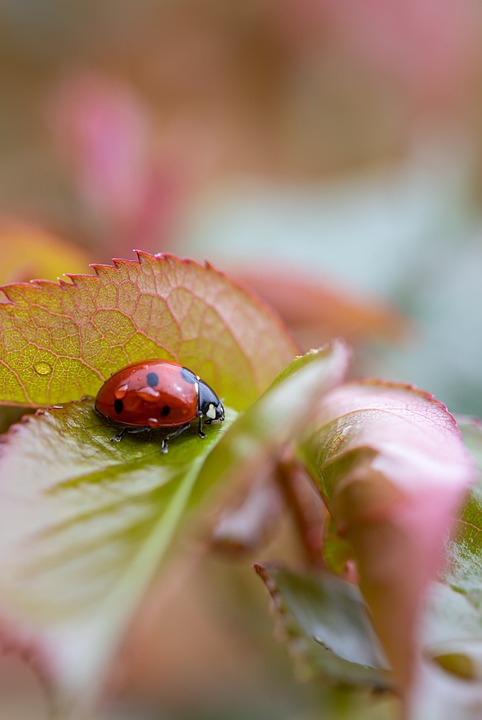Green Living: Transform Your Garden into a Bug-Free Haven with Natural Repellents
As the sun begins to shine more brightly and blossoms bloom, many homeowners eagerly anticipate spending time in their gardens. However, the joy of nurturing plants and enjoying the beauty of nature can quickly turn sour with the intrusion of unwanted pests. While chemical pesticides may seem like a quick solution, they can harm beneficial insects, pollute the soil, and pose health risks to humans and pets. Instead, consider transforming your garden into a bug-free haven using natural repellents. This approach aligns with green living principles and fosters a more sustainable and healthy environment.
Understanding the Importance of Natural Repellents
Natural repellents offer an eco-friendly alternative to synthetic pesticides. They can deter pests without compromising the health of your garden or the surrounding ecosystem. By utilizing the resources found in nature, you’re not only protecting your plants but also nurturing a balanced environment that supports beneficial insects like bees and butterflies. Moreover, natural repellents can reduce reliance on harsh chemicals, contributing to a healthier home and community.
Effective Natural Repellents for Your Garden
-
Essential Oils: Many essential oils, such as neem, peppermint, lavender, and eucalyptus, are potent pest deterrents. Diluting a few drops of your chosen oil in water and spraying it on your plants can effectively repel aphids, spider mites, and other unwanted guests.
-
Garlic Spray: Garlic is a well-known natural repellent. Blending a few cloves of garlic with water and letting the mixture sit overnight can create a powerful spray. Strain the mixture and spray it on your plants to deter aphids, beetles, and other pests.
-
Pepper Solutions: Capsicum, the active ingredient in chili peppers, can deter many insects. A simple solution can be made by mixing crushed red pepper or cayenne powder with water and a few drops of liquid soap, which acts as a surfactant. Spray this concoction on your plants to create an unpleasant environment for pests.
-
Vinegar Mix: Vinegar is well-known for its versatility, but it can also help in pest management. A mixture of vinegar and water can deter ants, slugs, and even some types of beetles. Be cautious with the concentration, though, as too much vinegar can harm plants.
-
Companion Planting: Planting certain herbs and flowers alongside your vegetables can naturally repel pests. For example, marigolds are known to deter nematodes and other pests, while basil can help repel flies and mosquitoes. This technique not only enriches the biodiversity of your garden but also supports a natural ecosystem.
-
Diatomaceous Earth: This natural powder, made from fossilized algae, can deter soft-bodied insects like slugs and beetles. By sprinkling it around the base of your plants, you create a barrier that pests find difficult to cross. It’s safe for humans and pets but is deadly to insects with exoskeletons.
- Homemade Soap Spray: A simple mixture of liquid soap and water can suffocate soft-bodied insects. Ensure the soap used is free from additives that might harm plants. Spray this solution directly on the affected plants to manage pest populations effectively.
Best Practices for Implementation
To successfully use natural repellents in your garden, consider the following best practices:
-
Timing is Key: Apply natural repellents early in the morning or late in the evening when bees are less active to minimize disruption to these essential pollinators.
-
Regular Application: Natural solutions often require more frequent applications than synthetic pesticides, especially after rain. Make it a habit to check your plants regularly and reapply as necessary.
-
Test First: Before applying any natural repellent extensively, test it on a small area of the plant. Some plants may be sensitive to certain mixtures, causing damage rather than deterring pests.
- Embrace Diversity: By incorporating a variety of plants, herbs, and natural repellents, you not only deter pests but also attract beneficial insects that will help control pest populations.
Conclusion
Transforming your garden into a bug-free haven doesn’t require harsh chemicals or significant intervention. By embracing natural repellents, you foster a sustainable gardening practice that aligns with green living principles. Your garden will not only thrive but also support local ecosystems, provide a safe space for your family, and offer a tranquil retreat where you can enjoy nature’s beauty without the nuisances of pests. In adopting these eco-friendly solutions, you become an advocate for the environment while cultivating a lush, healthy garden. Happy gardening!
